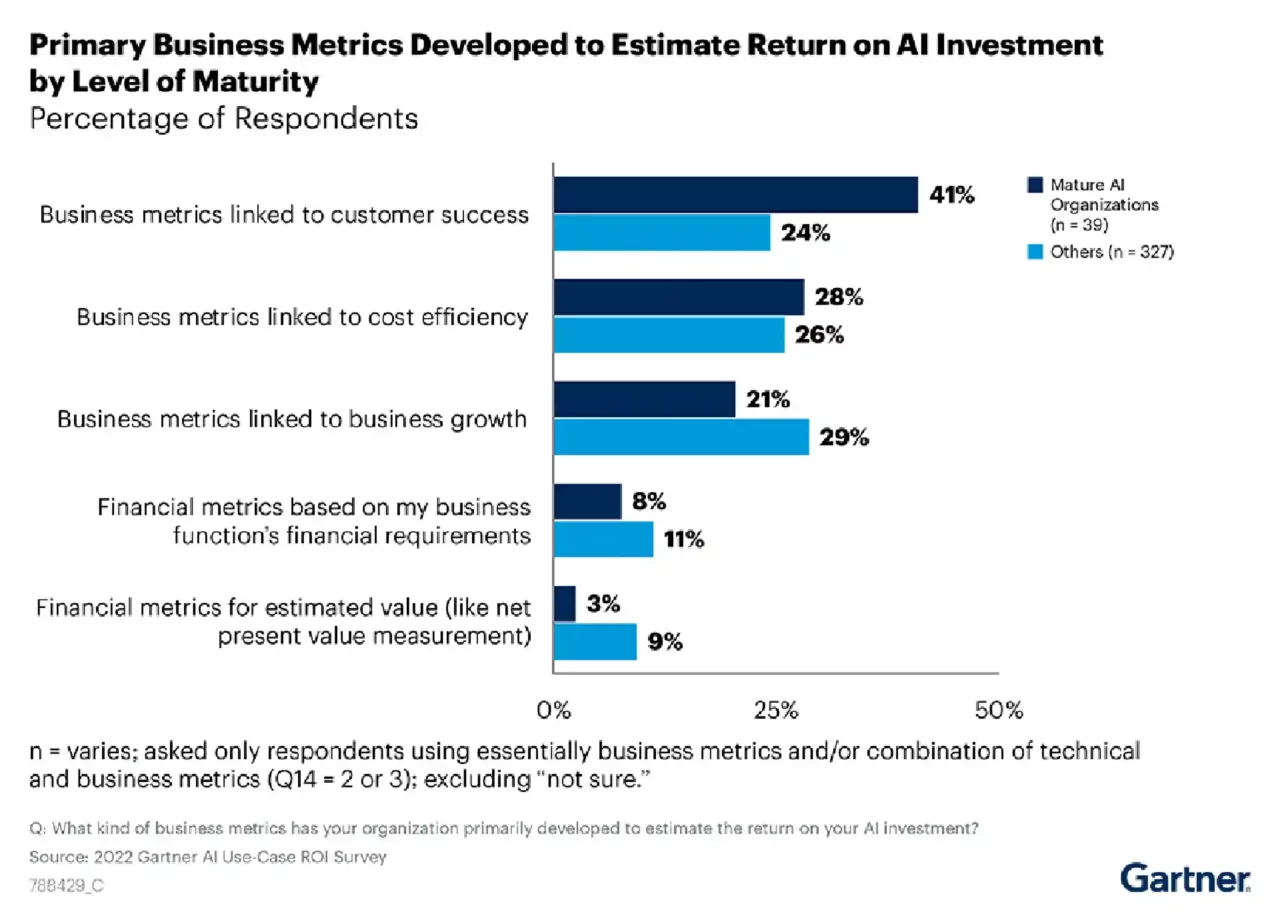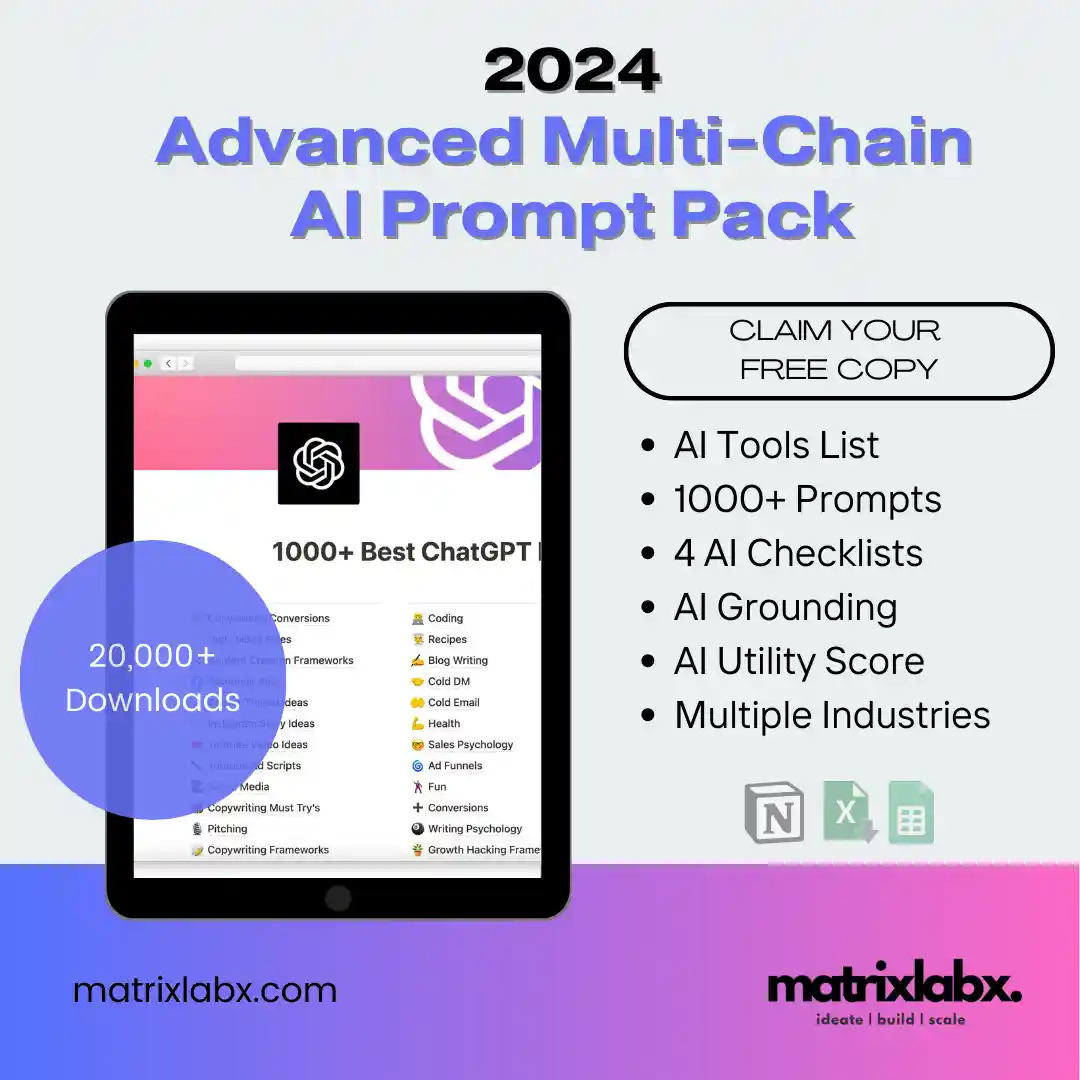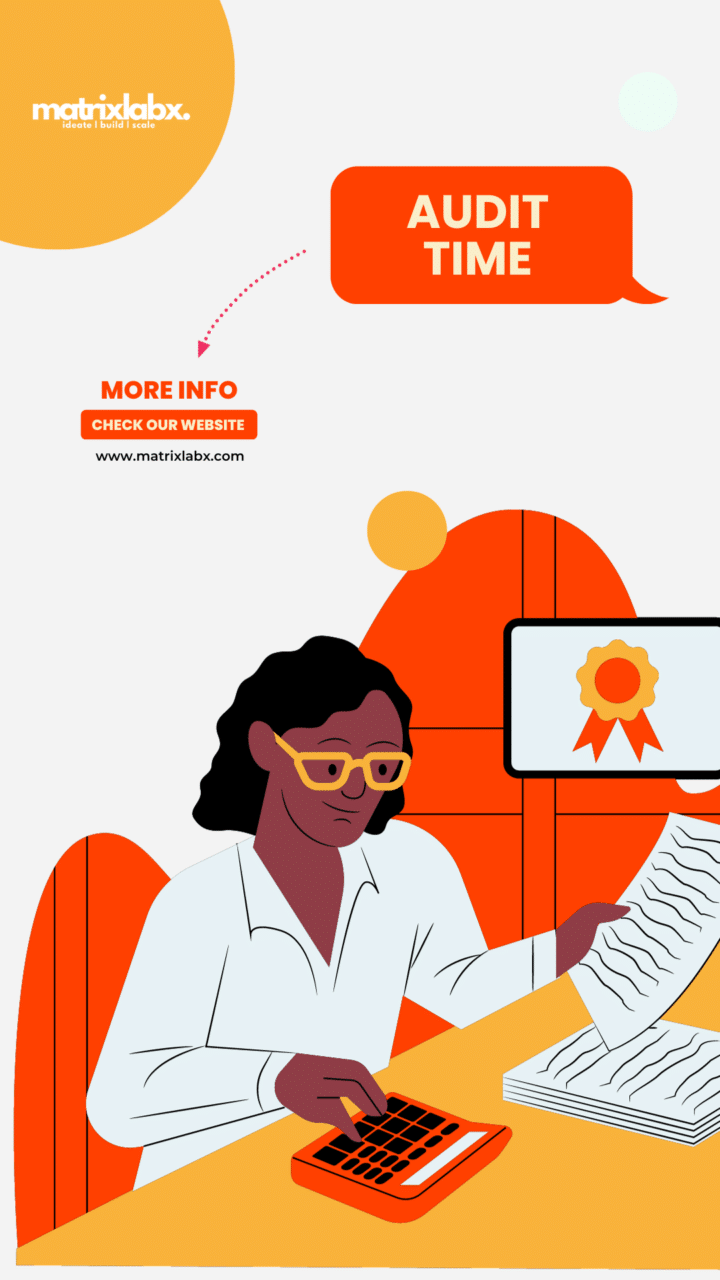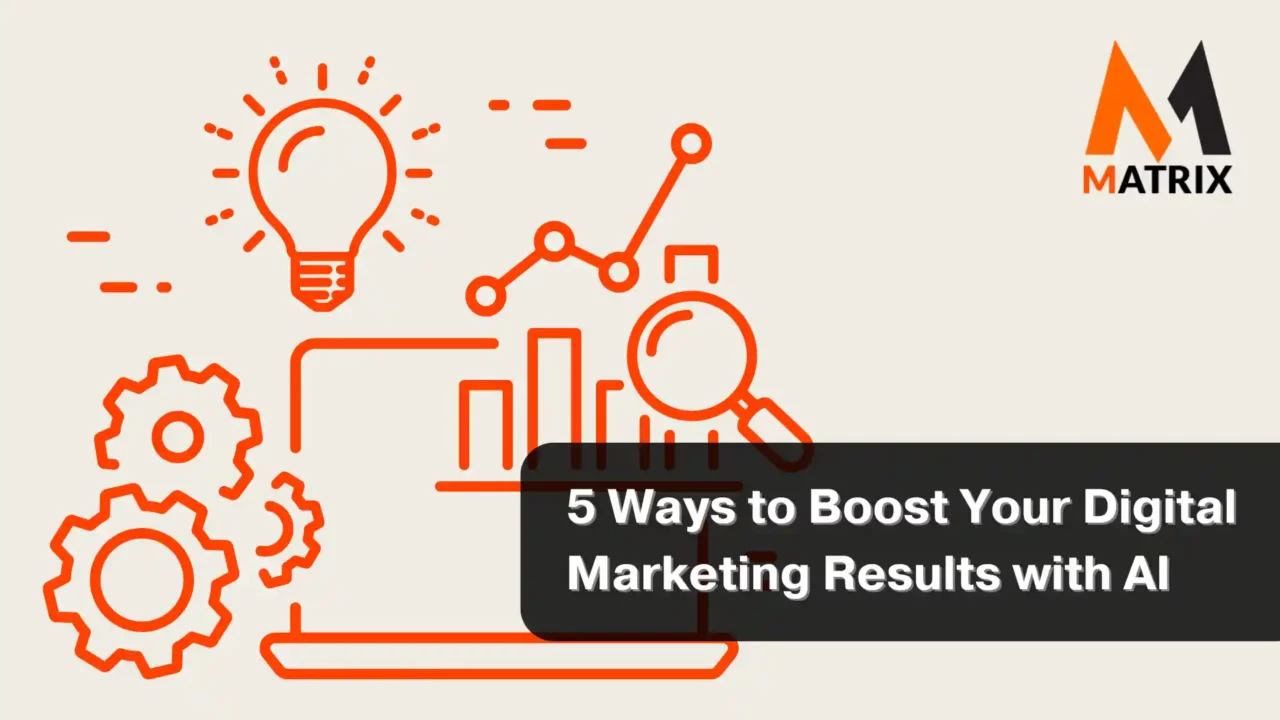As an informed player in marketing, you’ve perhaps heard the hype around Artificial Intelligence (AI) and its transformative potential in digital marketing.
The blend of AI with digital marketing is changing how businesses understand and interact with their customers and offering unprecedented insights for strategic decision-making.
In today’s data-driven business world, incorporating AI in digital marketing has become inevitable.
In the ever-evolving landscape of Digital Marketing, the emergence of AI has unfolded as a game-changer, revolutionizing strategies and outcomes. Imagine stepping into a realm where your marketing campaigns are not just campaigns but intelligent, self-optimizing entities constantly learning and evolving.
This is not the distant future; this is the present, empowered by AI as marketers, we strive for that edge, that unique element that sets our strategies apart. AI is that element, transforming the ordinary into the extraordinary.
Integrating AI in Digital Marketing is akin to discovering a hidden trove of insights, where every piece of data tells a story waiting to be harnessed. This is where interest peaks; AI’s ability to analyze vast data arrays with precision and speed is unparalleled. It offers a deep understanding of customer behaviors and trends, allowing for hyper-personalized experiences that resonate with your audience.
The desire here is clear: to elevate your digital marketing to a level where it’s not just seen but felt, deeply and personally, by your target audience.
This is not just about keeping up with the times; it’s about being a pioneer, leading the charge in a digitally dominated world.
With AI, your Digital Marketing strategy transforms into a dynamic, responsive, and highly effective tool. Action is the only logical step forward – embrace AI in your digital marketing efforts and witness a significant surge in results, efficiency, and customer engagement. Welcome to the future of digital marketing, where AI is not just an option; it’s an imperative.
Why is AI Important in Digital Marketing?

AI’s ability to analyze consumer behavior search patterns, utilizing data from social media platforms and blog posts, helps businesses understand how customers find their products and services.
AI in digital marketing can provide more efficient analytics, enhance customer service, and increase productivity and operational efficiency. It allows marketers to personalize customer experiences, qualify and nurture leads, optimize pricing, and accurately forecast sales.
In today’s dynamic online landscape, AI has emerged as a cornerstone in propelling marketing digital strategies to the forefront of innovation. The convergence of AI and marketing isn’t merely a fleeting trend; it’s a transformative evolution that has revitalized traditional marketing practices. At the crux of this transformation is the ability of AI to decipher vast datasets at an unprecedented speed, translating to timely insights and data-driven decisions.
Beyond analytics, AI offers personalization, allowing marketing digital campaigns to resonate deeply with target audiences. Users’ online behavior, preferences, and past interactions are meticulously analyzed, enabling marketers to craft bespoke messages and offers that significantly amplify engagement. This heightened precision, an outcome of harmonizing AI and marketing, ensures resources are optimally utilized, leading to better returns on investment.
In essence, the symbiosis of AI and marketing digital practices are redefining the paradigms of online engagement. The message for brands and businesses navigating the intricate maze of digital marketing is clear: Embracing AI isn’t just advantageous; it’s indispensable.
How do you measure your marketing ROI from AI content generation?
In today’s dynamic online landscape, AI has emerged as a cornerstone in propelling marketing digital strategies to the forefront of innovation. The convergence of AI and marketing isn’t merely a fleeting trend; it’s a transformative evolution that has revitalized traditional marketing practices. At the crux of this transformation is the ability of AI to decipher vast datasets at an unprecedented speed, translating to timely insights and data-driven decisions. AI Marketing Plan for Manufacturing Businesses
Beyond analytics, AI offers personalization, allowing marketing digital campaigns to resonate deeply with target audiences. Users’ online behavior, preferences, and past interactions are meticulously analyzed, enabling marketers to craft bespoke messages and offers that significantly amplify engagement. This heightened precision, an outcome of harmonizing AI and marketing, ensures resources are optimally utilized, leading to better returns on investment.
In essence, the symbiosis of ai and marketing digital practices is redefining the paradigms of online engagement. The message for brands and businesses navigating the intricate maze of digital marketing is clear: Embracing AI isn’t just advantageous; it’s indispensable.
How Does AI Relate to CMO?

Modern CMOs need to integrate AI into their marketing strategies to increase their ability to anticipate customer needs and provide personalized experiences to each customer. This deepens customer engagement and opens up avenues for upsell and cross-sell opportunities.
By leveraging AI, CMOs can drive their marketing teams to work smarter, not harder. The resulting streamlined operations then impact positively on the company’s bottom line.
AI-driven marketing strategies can improve a CMO’s job performance in several ways, including:
- Improved customer insights: AI can help CMOs to better understand their customers by analyzing large amounts of data from multiple sources, such as customer surveys, social media interactions, and purchase history. This information can be used to create more targeted and personalized marketing campaigns.
- Increased efficiency and productivity: AI can automate many time-consuming marketing tasks, such as data entry, campaign optimization, and reporting. This frees up CMOs and their teams to focus on more strategic initiatives.
- Improved campaign performance: AI can optimize marketing campaigns in real-time based on customer behavior and other factors. This can lead to higher conversion rates and ROI.
- Enhanced customer experience: AI can create more personalized and engaging customer experiences. For example, AI-powered chatbots can provide customer support 24/7, and AI-powered recommendation engines can suggest products and services to customers based on their interests.
AI-driven marketing strategies can help CMOs improve their job performance by making them more efficient and effective in reaching their customers and achieving their marketing goals.
Here are some specific examples of how AI can improve a CMO’s job:
- Use AI to personalize marketing campaigns. AI can analyze customer data and segment customers into different groups based on their demographics, interests, and purchase behavior. This information can then create personalized marketing campaigns for each group. For example, a clothing retailer could use AI to segment its customers by age, style preferences, and purchase history. Then, the retailer could send each group different email campaigns with targeted product recommendations.
- Use AI to optimize marketing campaigns. AI can be used to analyze marketing campaign performance and identify improvement areas. For example, AI can track which ads are performing well and which are not. Then, AI can be used to adjust the campaigns accordingly.
- Use AI to predict customer churn. AI can analyze customer data and predict which customers are at risk of churning. This information can then be used to target these customers with special offers or other incentives to keep them as customers.
- Use AI to improve customer service. AI-powered chatbots can be used to provide customer support 24/7. Chatbots can answer customer questions, resolve issues, and provide product recommendations. AI can also analyze customer feedback and identify areas where customer service can be improved.
AI is a powerful tool that can help CMOs to improve their job performance in several ways. AI can help CMOs reach their customers more effectively and achieve their marketing goals by automating tasks, optimizing campaigns, and providing insights into customer behavior. AI Digital Marketing Trends and Future for Matrix Marketing Group [Interview]
1. Starbucks: Personalized Customer Experience

Starbucks is a premier example of a company that used AI to boost its digital marketing outcomes.
The company uses predictive analytics to offer personalized recommendations. Their AI analyzes customer preferences, order history, location, time, and weather data to suggest products customers will likely purchase.
As a result, Starbucks reported a 3% increase in transaction amounts and an 8% increase in member spending.
2. Netflix: Content Creation and Optimization
Netflix uses AI to analyze viewers’ behavior, which helps them personalize movie recommendations and develop successful original content.
Their AI analyzes what viewers are watching and how they watch it, which helps the company determine what content to produce next.
One clear outcome is the success of its original series, “House of Cards,” which was predicted by AI to be a hit before it was even released.
3. Sephora: Virtual Make-up Artist
Sephora uses AR and AI to create a “Virtual Artist” feature on its app. This feature allows customers to see how makeup products look on their faces without applying them physically. The result?
Customers are more confident about their online purchases, resulting in increased sales and reduced returns for Sephora.
Sephora uses AR and AI in several ways to enhance the customer experience, both online and in-store.
Online
- Virtual Artist: Sephora’s Virtual Artist app allows customers to try makeup products virtually before buying them. The app uses AR to overlay makeup products onto the customer’s face so they can see how they will look on them in real-time.
- Fragrance IQ System: Sephora’s Fragrance IQ System uses AI to recommend fragrances to customers based on their preferences. Customers take a short quiz about their favorite scents, and the system recommends fragrances they will likely enjoy.
- Pantone Test: Sephora’s Pantone Test uses AI to match customers with their perfect foundation shade. Customers take a photo of their skin, and the system analyzes it to determine their skin tone and undertones.
In-store
- Color IQ: Sephora’s Color IQ device uses AI to match customers with their perfect foundation shade. The device scans the customer’s skin and analyzes the data to determine their skin tone and undertones.
- Virtual Artist: Sephora’s Virtual Artist app is also available in stores. Customers can use the app to try on makeup products before they buy them virtually.
- Sephora Beauty Studio: Sephora’s Beauty Studio features several AR and AI-powered experiences, such as virtual makeup and skincare consultations.
Sephora uses AR and AI to provide customers with a more personalized and engaging shopping experience. By allowing customers to virtually try on products and get recommendations based on their preferences, Sephora helps them find the right products and make more informed purchase decisions.
In addition to the above, Sephora also uses AR and AI to improve its operations and marketing. For example, Sephora uses AI to analyze customer data and identify trends. This information can then be used to develop new products, target marketing campaigns, and improve the in-store experience.
Sephora is a leader in using AR and AI in the retail industry. The company’s innovative use of these technologies has helped to differentiate it from its competitors and provide a better customer experience.

How to Get Started with MatrixLabX?
Getting started with MatrixLabX is simple. Begin by outlining your business objectives, then determine how AI can help meet these goals.
Next, gather and integrate data from your diverse sources: social media, email marketing, CRM, etc.
Upload this data to MatrixLabX; our machine-learning algorithms will immediately provide insights. These insights will then feed into an optimized, data-driven marketing strategy.
Entrepreneurs are limited by the constraints of their capacity and their reach in their biases. AI has an exponentially wider set of data to learn from than any entrepreneurial team.
Are Your Marketing Efforts a Shot in the Dark? Let’s Turn on the Spotlight!
Imagine having the clarity of seeing your marketing strategy from a bird’ s-eye view and understanding every nuance of your campaigns. Our comprehensive audit delves into the core of your marketing DNA, dissecting each campaign with surgical precision to identify the powerhouse strategies and weed out the underperformers.

Conclusion
Integrating AI into your digital marketing campaigns can help discern customer patterns and automate routine marketing tasks, giving you the winning edge.
Integrating AI into your digital marketing campaigns can provide several benefits, including:
- Improved customer insights: AI can help you to better understand your customers by analyzing large amounts of data from multiple sources. This information can be used to create more targeted and personalized marketing campaigns.
- Increased efficiency and productivity: AI can automate many time-consuming marketing tasks, such as data entry, campaign optimization, and reporting. This frees up your team to focus on more strategic initiatives.
- Improved campaign performance: AI can optimize marketing campaigns in real time based on customer behavior and other factors. This can lead to higher conversion rates and ROI.
- Enhanced customer experience: AI can create more personalized and engaging customer experiences. For example, AI-powered chatbots can provide customer support 24/7, and AI-powered recommendation engines can suggest products and services to customers based on their interests.
Integrating AI into your digital marketing campaigns can help you reach your customers more effectively and achieve your marketing goals.
As AI continues to develop, it will likely have an even greater impact on digital marketing. Businesses that embrace AI-powered marketing solutions will be well-positioned to succeed in the future.
Here are some tips for integrating AI into your digital marketing campaigns:
- Start by identifying the areas of your marketing campaigns where AI can be most beneficial. AI can automate tasks, personalize campaigns, and optimize performance.
- Choose the right AI-powered marketing solutions for your needs. Various AI-powered marketing solutions are available, so choosing the ones that are right for your business and budget is important.
- Implement AI-powered marketing solutions gradually. It is important to give your team time to learn how to use AI-powered marketing solutions and to integrate them into your existing marketing workflows.
- Monitor the performance of your AI-powered marketing campaigns. It is important to track the performance of your AI-powered marketing campaigns and to make adjustments as needed.
By following these tips, you can integrate AI into your digital marketing campaigns and start reaping the benefits.
The applications of AI in digital marketing are extensive and versatile, promising major enhancements in customer experiences, operational efficiency, and revenue growth. So, why wait? Give your digital marketing strategy the power of AI today with MatrixLabX.

